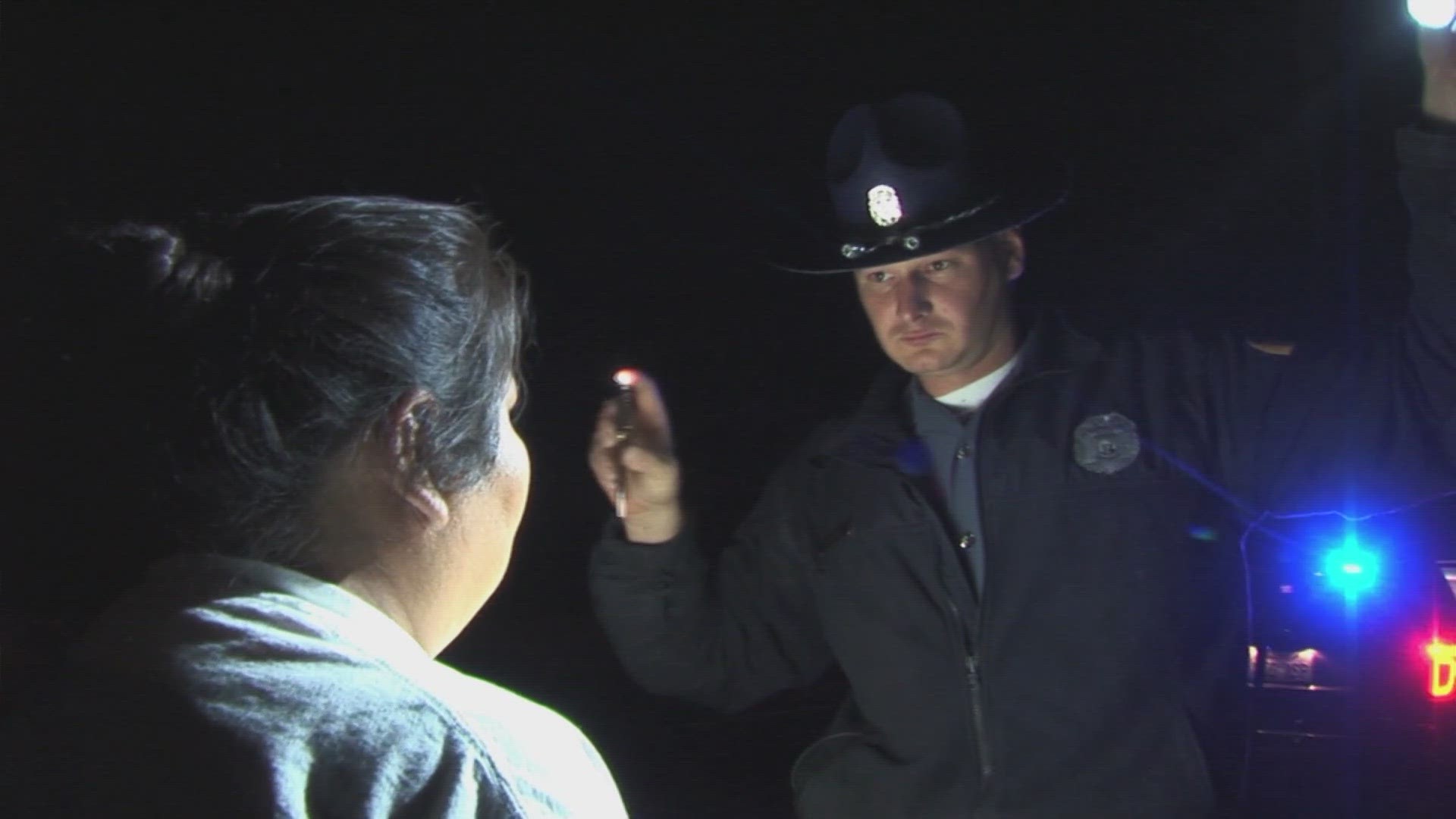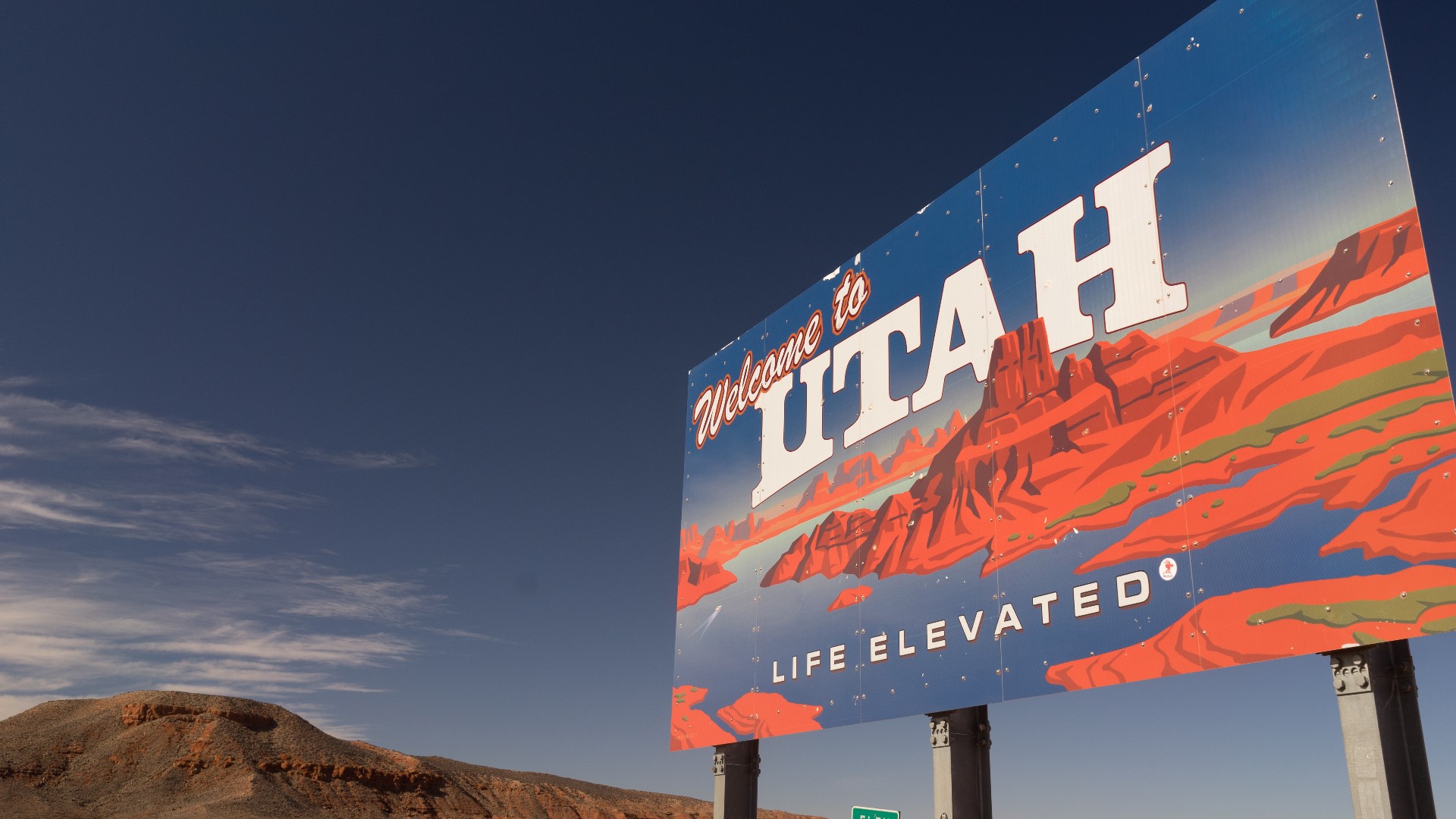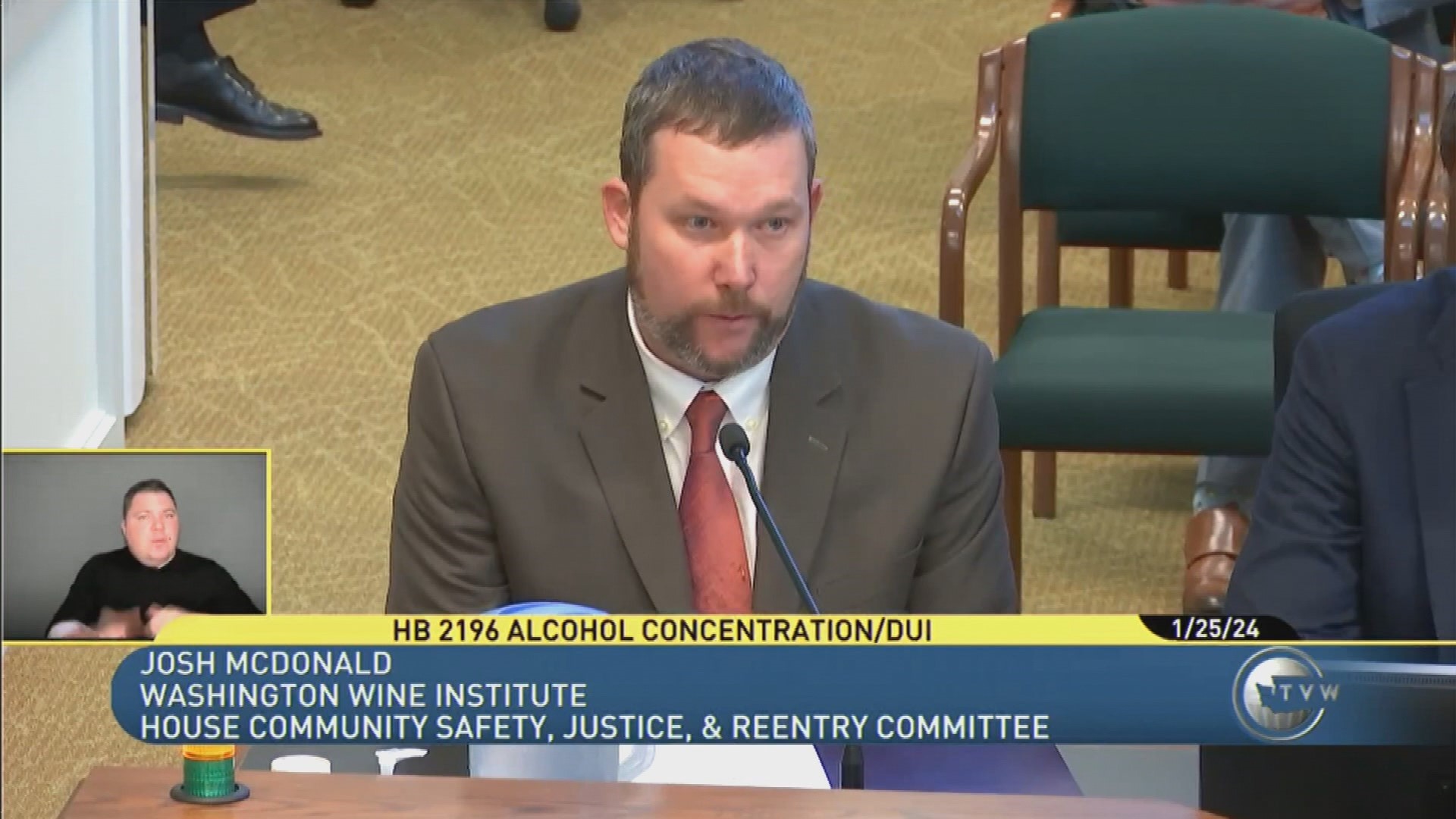OLYMPIA, Wash. — A bill aiming to lower Washington's blood alcohol concentration (BAC) limit to .05 had a public hearing in the House Committee on Community Safety, Justice & Reentry on Thursday morning. The legislation is a companion bill to SB 5002 which was first introduced in 2023 and is currently in the Rules Committee in the Senate.
Over two dozen people signed up to testify in front of the committee, with a majority speaking in favor. A delegation of Washington's top traffic advocates and health officials made appearances, including a representative from Gov. Jay Inslee's office, Shelly Baldwin, the director of the Washington Traffic Safety Commission, Washington State Patrol Chief John Batiste and a representative from the Washington State Department of Health. A member of the National Transportation Safety Board also testified remotely alongside many others who signed up to testify online or in person.
The bill is a major priority for traffic safety advocates in Washington state who are grappling with a 33-year high in traffic fatalities. Data for 2023 is incomplete, but the total number of traffic fatalities is expected to fall somewhere between 763 and 810; the highest number since the early 1990s. DUI crashes account for half of those, according to the Washington State Traffic Safety Commission (WTSC).
"It's really impairment that we need to focus on if we're going to bring those numbers down," said Mark McKechnie, director for WTSC's External Relations Division.
While a spike in reckless driving behavior and traffic fatalities during the early years of the pandemic was characteristic of a trend unfolding nationwide, Washington is continuing to see fatalities rise while they appear to be plateauing elsewhere across the country, making the crisis particularly acute in the Evergreen state.
The main sponsor for the House version of the bill is Rep. Brandy Donaghy.
"We have people dying on our roadways every single day," Donaghy said in front of the committee Thursday. "They're being seriously injured every single day - many of those injuries and deaths are directly related to alcohol or intoxication while driving."
Already impaired at .05
A body of research suggests that at a .05 BAC, people are already too inebriated to operate a car. At that level, alcohol will impact someone's vision, their ability to focus, small muscle control, their reflexes and their ability to respond to unexpected situations, like a person walking or driving out in front of their car.
"Also, really importantly, it impairs our judgment," McKechnie said.
Globally, most countries have a BAC limit of .05 or below, with the U.S. and Canada being outliers in maintaining a .08 limit. In the U.S., Utah is the only state to have lowered its BAC limit, and at least initially, the change produced noticeable results.
Utah's lowered BAC limit went into effect in 2018. Data from 2019 showed the state saw a 33% decrease in the number of alcohol-related crashes and a 44% decrease in alcohol-related fatalities. There was a 19.8% reduction in fatal traffic accidents overall, with an 18.3% reduction in the fatality rate.
"(The data) shows that the law change really did work and it truly got the attention of Utah's public," said Jason Mettmann, the communications manager for the Utah Highway Safety Office.
Although Utah saw an increase across the board in reckless driving behaviors during the pandemic, the spike is characteristic of a trend that has played out across the country. In a letter sent earlier this month urging Washington lawmakers to pass the legislation, the National Transportation Safety Board (NTSB) held up Utah's success as an example of what could happen if states lowered their BAC limits nationwide.
"It has been estimated that if every state enacted a .05 BAC law, 1,700 lives could be saved each year," wrote NTSB Chair Jennifer Homendy. "This is not surprising because similar benefits were realized when BAC limits were reduced from .10 to .08. Unfortunately, many of the now-disproven arguments that were used to fight against the BAC limit being lowered to .08 are resurfacing again."
No change in enforcement
The proposal has its share of detractors, alleging that the state aims to cast a broad net to ensnare drivers who have only had one or two drinks. Advocates of the legislation argue these claims are based on misconceptions about how law enforcement officers carry out DUI arrests and how much alcohol it really takes to get a .05 BAC.
"You know a lot of people do have a glass of wine with dinner or a drink with dinner and then they drive home, and that’s relatively safe," McKechnie said. "It’s really after they’ve had, depending on who you are and your size and a few factors, more than a drink or two in a short period of time. Then you really need to be extra careful about whether you’re OK to drive."
Proponents of the bill in Utah and Washington emphasized that the law is not intended to change law enforcement behavior, but more so to encourage people to make safer choices about transportation before they start drinking.
"The overall effort was, let's have better decision-making on the front-end in not drinking and driving at all," said Colonel Michael Rapich with the Utah Highway Patrol.
When making a DUI arrest, a person's BAC level doesn't come into play until well into the process, Rapich said. Initial contact between law enforcement and DUI drivers is based on observed unsafe behavior and indications that someone is under the influence.
"Slurred speech, glassy eyes, flushed red face, a driving pattern that is consistent with impairment," Rapich said.
A person's BAC would be determined after they have already been arrested and taken to a police station, where officers could run a test to better determine the details required to prosecute someone's case.
"Regardless of what the level is, the officer still needed probable cause to make a lawful arrest on the front end, which is based on someone demonstrating that they cannot safely drive a motor vehicle."
WSP Chief John Batiste confirmed at the hearing on Thursday that this bill would not change the way the department enforces DUI laws.
Advocates in Washington and Utah point to an extensive education campaign as the true game-changer in the legislation, saying public awareness about DUI laws and mindfulness about drinking behavior is what truly moves the needle on decreasing fatalities, crashes and arrests.
Inherent in Washington's bill is a directive for the WTSC to undertake a "very large education campaign," funded with mostly federal dollars so everyone becomes aware of the BAC change and it can have the maximum impact on the public.
Research by the Utah Highway Safety Office found that following the BAC change, 22% of drinkers self-reported changing their driving behavior, with 20% saying they were limiting the amount of alcohol they consumed outside of the home.
Hospitality impacts
Alcohol sellers and those in the hospitality industry have expressed concern over the change, worried that it will impact business while not doing enough to address DUI fatalities.
Trent House with the Washington State Hospitality Association testified in the hearing on Thursday, noting that liquor license holders are liable for overservice and are subject to fines and penalties in that event. Lowering the BAC threshold "puts significant burden on the operator," House said. He questioned whether the state could undertake an education campaign on drinking and driving without the BAC change and spare business owners the potential negative impacts.
House and two others who testified in opposition also expressed concern that a .05 BAC limit will not address the most stubborn of DUI drivers whose BAC levels are more often found to be at 0.15%. Those accidents account for a notable portion of crashes and fatalities. Josh McDonald with the Washington Wine Institute questioned whether the bill would actually deter responsible drivers from visiting wineries across the state for fear of the consequences. McDonald also pointed to the data showing Utah's increased crash and fatality rate in the years since 2020, suggesting it means the BAC change has not been impactful enough.
Numbers from Utah show that although hospitality representatives shared many of those same concerns ahead of the law change, they have not come to fruition in the years since the legislation passed. Research from the Utah Highway Safety Office did not turn up any demonstrable negative impacts on the hospitality industry that could be linked to the BAC change. The department continues to seek input from business owners to assess the ongoing impact.



